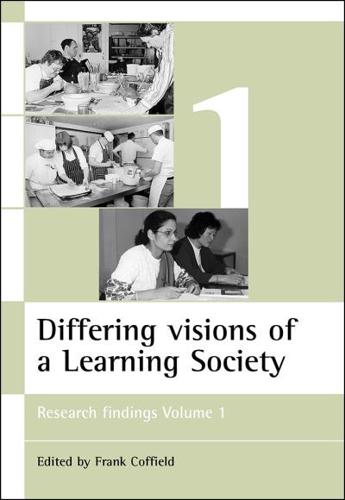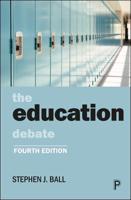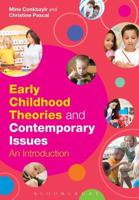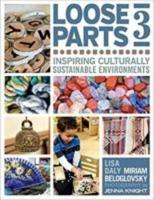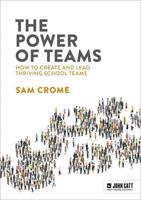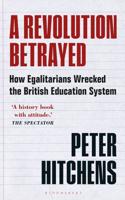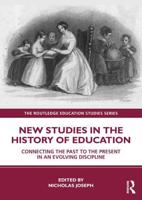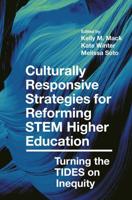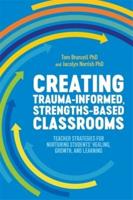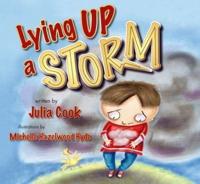Publisher's Synopsis
Lifelong learning has been an evidence-free zone for too long. It has been under-researched and under-theorised. This volume, the first of two, is the culmination of years of empirical work undertaken for the ESRC's Learning Society Programme, a major investment in lifelong learning research. It explores the ways lifelong learning can contribute to the development of knowledge and skills for employment, and other areas of adult life. In this first volume, the contributors address the challenges to social science researchers to study issues that are central and directly relevant to the political and policy debate, and to take into account the reality of people's lives. Each chapter gives an overview of one project, describing its objectives, methods, main findings and policy implications. Some of the main themes explored include the education market post-16, key skills in Higher Education, adult guidance services, and how knowledge can be developed at work. In the introduction, these topics are placed by the editor within the broad context of research and policy on different types of learning societies and lifelong learning. The evidence provided shows what policies are or are not working and provides the basis for structural reform. Some of the conclusions arrived at by the projects challenge fundamental assumptions of current policy. The contributions demonstrate the value of independent, critical research in an area which is awash with unsubstantiated generalities, armchair musings and banalities without bite. Differing visions of a Learning Society contributes to the public debate on lifelong learning, and is essential reading for politicians, policy makers, practitioners, academics and researchers concerned in any way with lifelong learning.
